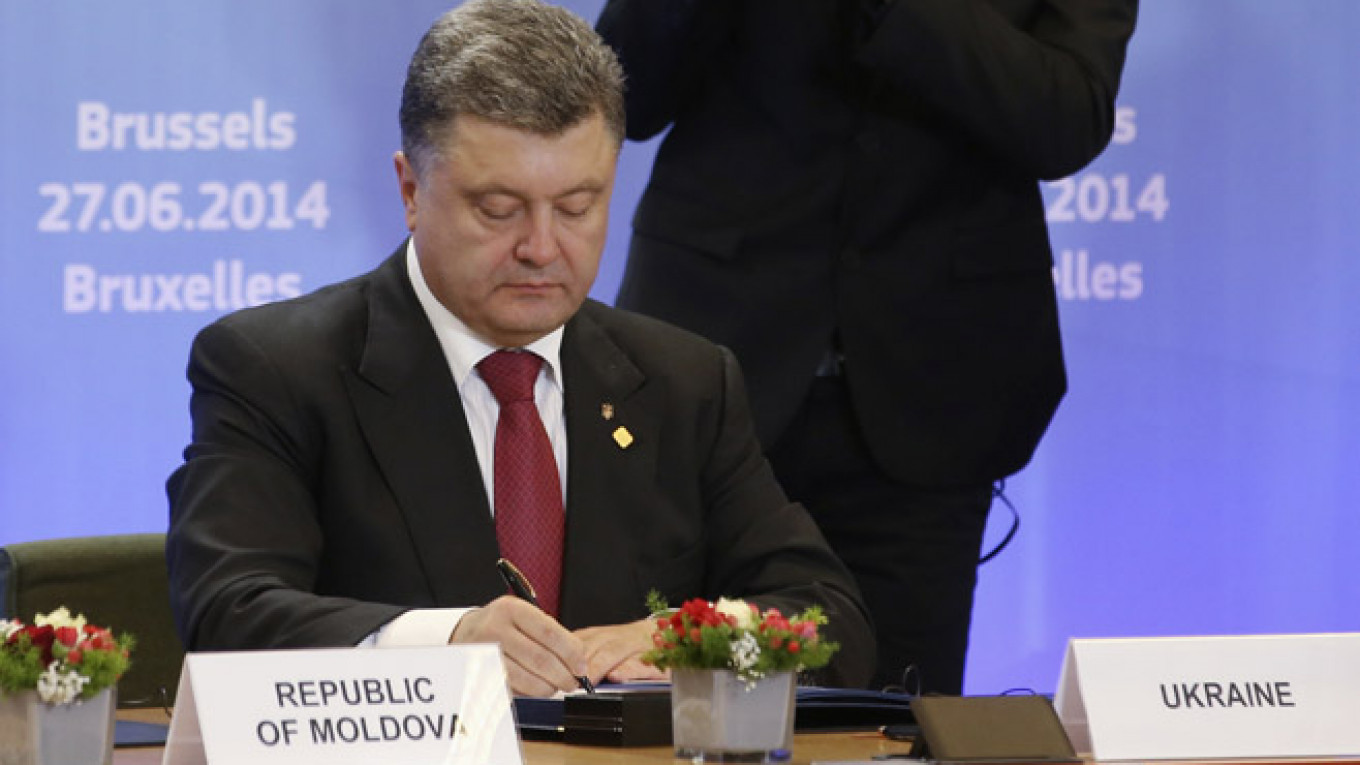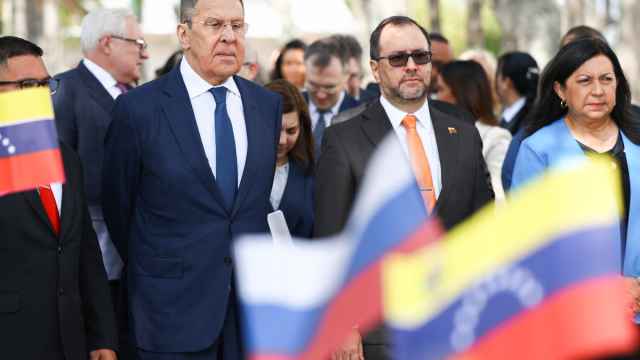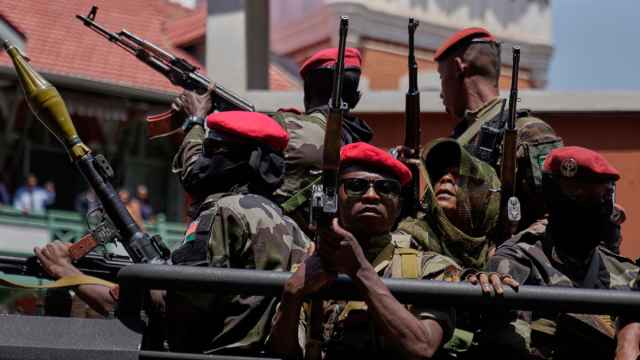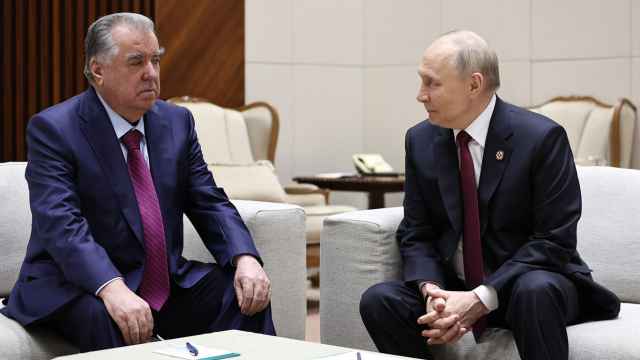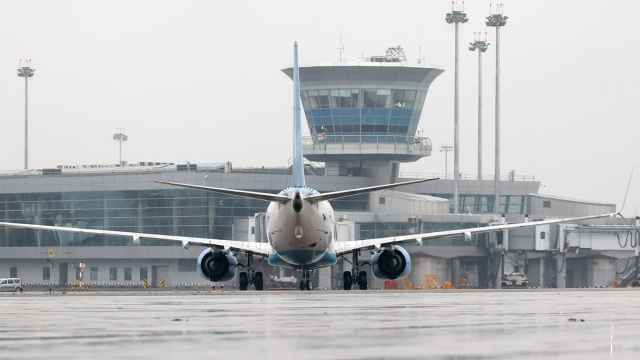Three weeks into his job, Ukraine's Petro Poroshenko looks like a man in a hurry.
He's a bustling hive of activity. Judging by his website, he's rarely off the phone to one world leader or another.
He has defied President Vladimir Putin and nailed down an elusive landmark free trade deal that will shift his country into mainstream Europe.
He has won plaudits from the West's political elite for his tough but pragmatic decisions in handling the separatist crisis that threatens his country with break-up.
But now the 48-year-old confectionery tycoon needs to perform a perilous balancing act if he is to stabilize Ukraine in the face of potential new trade reprisals from Moscow after signing the European Union deal.
While he is articulate, resilient and energetic, his nemesis Putin is a political fox and a master tactician, who has annexed Crimea and seems to have it in his powers to decide, with a word, the outcome in Ukraine's rebellious east.
"Putin is a difficult and crafty opponent … It is like a boxing match between different weights — if Russia is the super-heavyweight, then Ukraine is in the middle-weight category," commented Volodymyr Fesenko, a political analyst.
However, political insiders say Poroshenko, the man they call the "Chocolate King", has a hard center.
His performance before European Union leaders in Brussels was a slick tour de force, delivered in fluent English and exuding humor and self-confidence — a stark contrast with Viktor Yanukovych, his Moscow-backed predecessor known for a leaden style and cultural gaffes.
Showing a flash of humor that enlivened EU leaders immediately, he flourished a commemorative pen embossed with the November 2013 date of the EU's Vilnius summit — the occasion when Yanukovych balked at signing the same trade deal and sparked a people's revolt that ultimately chased him from power.
"What a great day!" Poroshenko declared.
That he can display such a light touch given his array of problems wins him respect and friends in high places.
Political insiders say his handling of the separatist crisis shows there steel behind the charm, after he warned of a "detailed Plan B" — a government offensive — if his cease-fire strategy is rejected by the rebels.
Speaking in the German parliament, Chancellor Angela Merkel this past week praised the "very courageous step" he took by announcing a cease-fire on June 20.
But after the bout of high diplomacy with the Europeans, he is back to the hard part in Ukraine — where guns and mortar fire still sound across the badlands of the east and the bodies pile up despite cease-fires and the release of international monitors.
Few Trump Cards
During the heady "Euromaidan" revolution, he showed political canniness in quietly launching himself for the presidency while cleverly avoiding the unpopularity that doomed the bid of other members of the old political establishment.
He served as foreign minister and minister of trade in two different administrations while managing a business empire — including a television news channel called Channel 5 — which Forbes values at about $1.3 billion.
But he remains a relative novice alongside the veteran Putin who plays energy and big business cards ruthlessly to navigate his course on the global stage.
Poroshenko holds few trumps in the range of issues which divides Kiev from Kremlin policy including gas, the rights of Russian-speakers in Ukraine — and now trade.
"Poroshenko can sort out the situation in the country only with Putin's help and without fighting Putin," said Mykhilo Pohrebynsky, head of Kiev's Center for Political and Conflict Studies.
"Putin is his strategic partner. If Putin continues to take the line of making Ukrainian problems worse, then Poroshenko will never manage to handle him."
Beyond the glow of the EU summit, Poroshenko's leverage appears limited for getting Moscow to end its support for the separatists — let alone winning back Crimea.
Rather than removing barricades and leaving occupied buildings, the rebels in some parts of the east are seizing new premises and setting up new checkpoints.
Poroshenko knows his "anti-terrorist operation" will have only limited success against the rebels as long as the 1,900-kilometer border with Russia remains unsealed to volunteer fighters and incoming supplies of Russian weapons.
Soon after being elected by a landslide in May, he said he wanted a speedy end to the separatist rebellion and appeared to set store by a military crackdown — despite the army's patchy performance until then.
And though he won a mandate across the whole of the divided country, which was unusual for a Ukrainian president, he knows use of force risks rebounding and alienating the Russian-speaking people of the east he needs to reach out to.
His peace plan aims to cut the ground from under the separatists by pushing reforms that will bring greater autonomy and expand Russian language rights.
But this is a long-term project that can scarcely take root while battle rages in his divided country.
Ratcheting Up Pressure
Putin, by turns, steadily ups the pressure, offering limited support for Poroshenko's peace plan — when it suits — but then suggesting the Ukrainians may have breached the cease-fire and pressing Kiev to engage rebel leaders in talks.
Despite his unease, Poroshenko has now given tacit backing to primary contacts with rebel leaders through former President Leonid Kuchma.
Only Western sanctions appear to be able to influence Kremlin policy. The EU warned last week it could impose more sanctions on Moscow unless rebels began to wind down their activities — but even then the effect on Kremlin policy is open to question.
Beyond the security crisis in the east, Poroshenko faces enormous challenges on other fronts.
He took over a near-bankrupt country whose coffers are being drained further now by the war effort in the east.
Prime Minister Arseniy Yatsenyuk pointedly told the International Monetary Fund it should take this into account when it considered disbursing further bailout aid.
Meanwhile, his ministers are locked again in a battle with Moscow over the price Kiev must pay for strategic supplies of Russian natural gas — an issue always linked to the prevailing state of bilateral relations.
Further back on the agenda is how to tackle rampant corruption and restore the sort of governance that will transform his country of 46 million into a modern European state and allow it one day to realistically aspire to EU membership.
"He has made a positive start on many fronts. There is a lot of goodwill out there for him," one Western diplomat and long-time observer of Ukraine said.
"But the reality is that Poroshenko is reliant on somebody else to solve every single issue confronting him — security, internal or economic. That is his problem."
See also:
A Message from The Moscow Times:
Dear readers,
We are facing unprecedented challenges. Russia's Prosecutor General's Office has designated The Moscow Times as an "undesirable" organization, criminalizing our work and putting our staff at risk of prosecution. This follows our earlier unjust labeling as a "foreign agent."
These actions are direct attempts to silence independent journalism in Russia. The authorities claim our work "discredits the decisions of the Russian leadership." We see things differently: we strive to provide accurate, unbiased reporting on Russia.
We, the journalists of The Moscow Times, refuse to be silenced. But to continue our work, we need your help.
Your support, no matter how small, makes a world of difference. If you can, please support us monthly starting from just $2. It's quick to set up, and every contribution makes a significant impact.
By supporting The Moscow Times, you're defending open, independent journalism in the face of repression. Thank you for standing with us.
Remind me later.


